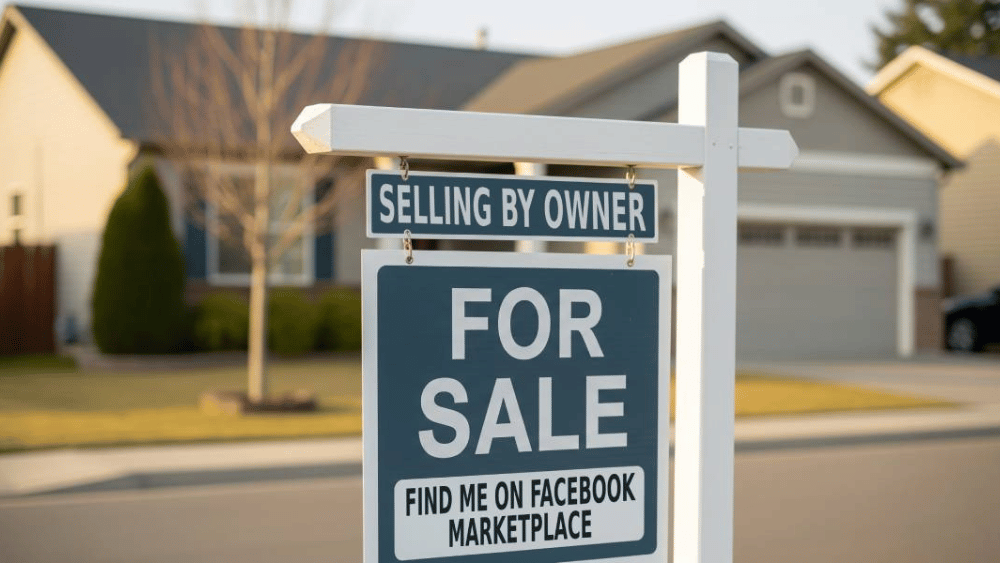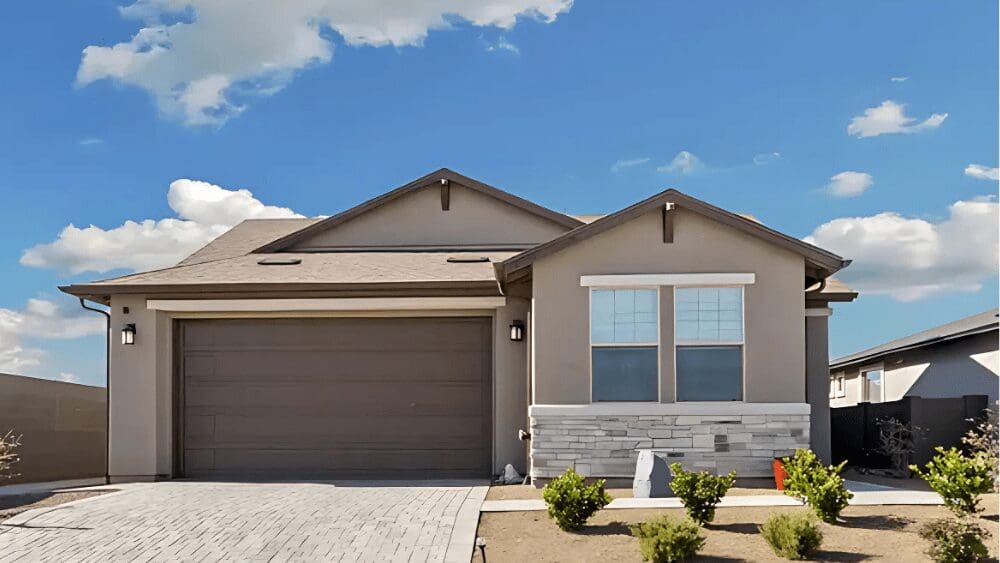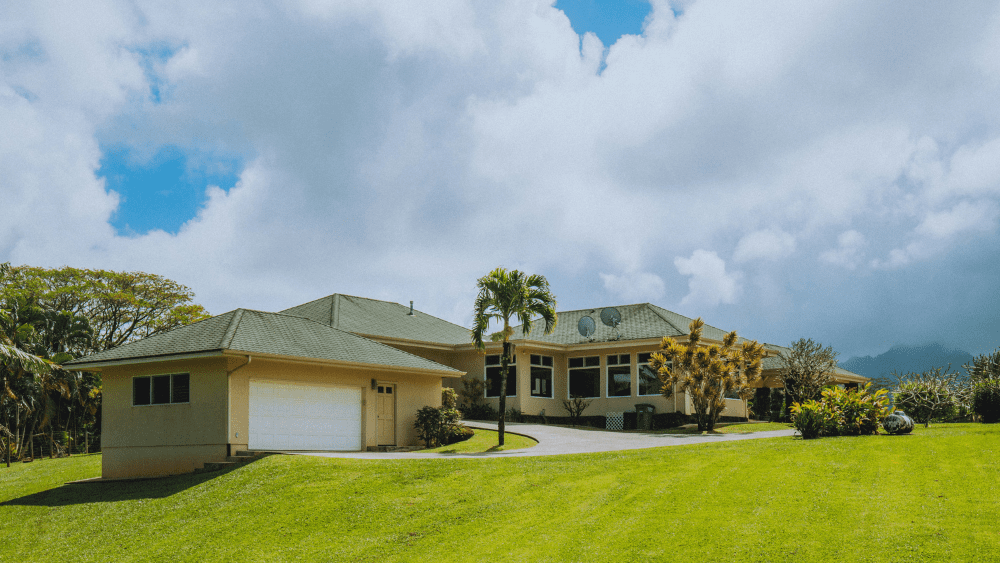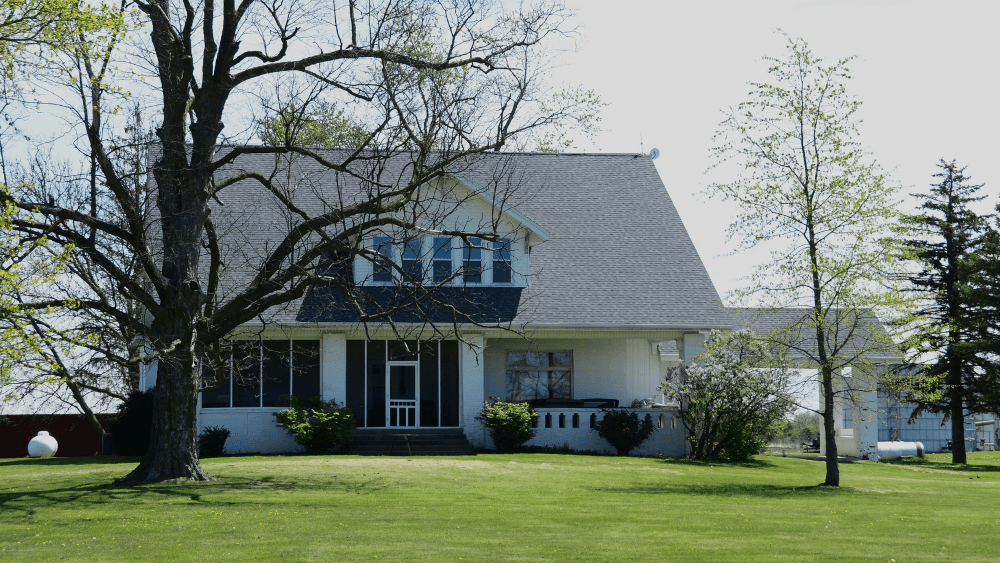Adelaide has recorded the biggest rent increase in Australia, with weekly rents soaring a staggering 81 per cent over the past decade — outpacing every other capital city.
The shocking figure is part of a new report, Out of Reach, by national housing campaign Everybody’s Home, which reveals that Australia’s rental crisis has hit unprecedented levels, especially in cities once known for affordable living.
Across capital cities, average rents have jumped 57 per cent since 2015, climbing from $473 to $742 per week.
But Adelaide renters have copped the worst of it — paying nearly double what they were a decade ago.
MORE: Why this seaside town is better than Byron Bay
Australia’s rental crisis has hit unprecedented levels, a new report shows.
“Adelaide used to be a haven for affordable housing. That’s no longer the case,” said Everybody’s Home spokesperson Maiy Azize.
“Renters in Adelaide are now facing some of the most extreme price hikes in the country — and it’s pushing people to the brink.”
Rents in Hobart, meanwhile, jumped by 76 per cent since 2015, 66 per cent in Brisbane, and 63 per cent in Perth.
Nationally, rents surged 34 per cent in the last three years.
Social housing, meanwhile, has fallen to a record low of 4.1 per cent of homes — down from 4.7 per cent in 2013.
To reach 10 per cent social housing, Australia must build 54,000 new dwellings every year for 20 years
Ms Azize said a lack of government action had fuelled the crisis, with renters pushed into a cutthroat private market while social housing stagnates.
MORE: Double digits: Where property values are surging
Adelaide tenants have copped it worst, paying nearly double what they were a decade ago.
“Adelaide, Hobart, Brisbane and Perth have either caught up with or overtaken the bigger cities in terms of rental pressure. That should sound alarm bells,” she said.
“This is no longer just a Sydney or Melbourne problem — it’s everywhere.”
The report warns that unless federal and state governments invest in large-scale social and affordable housing, rent increases will continue to spiral.
“We need the same urgency for housing that we saw during Covid or natural disasters,” Ms Azize said.
“This is a national emergency — and it’s time our leaders treated it like one.”



















 English (US) ·
English (US) ·